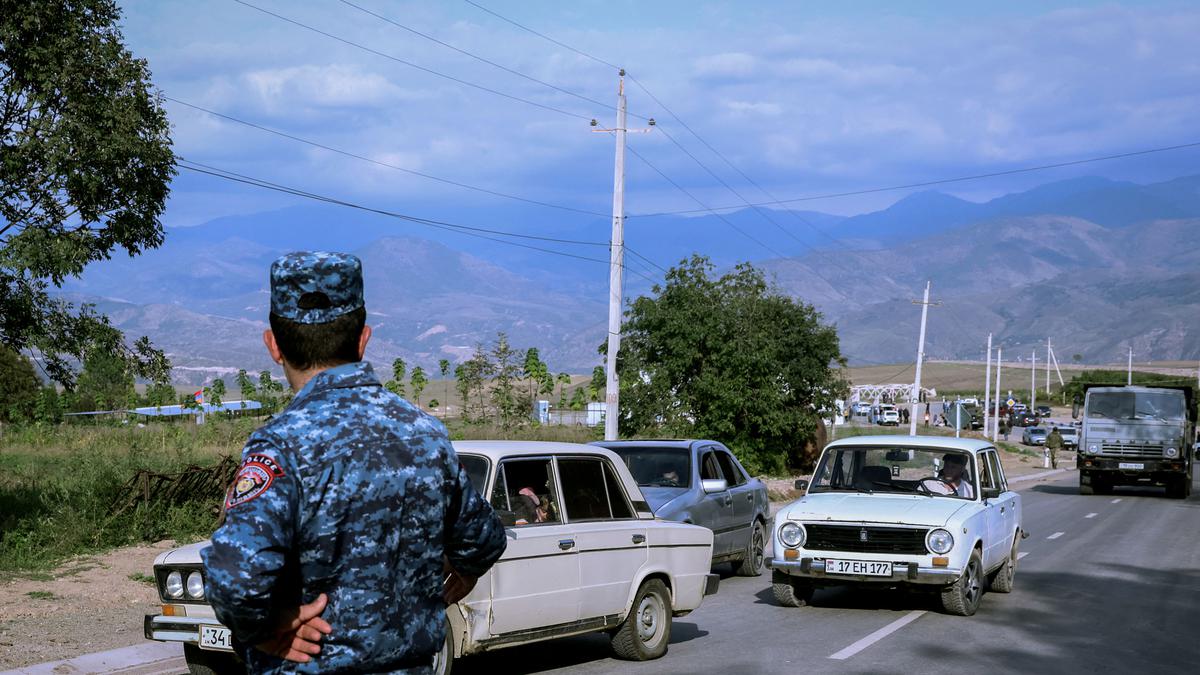File photo shows Qantas passenger jets are seen at Sydney Airport in Sydney, Australia. Australia’s consumer watchdog on September 1, 2023, called for Qantas Airways to be punished with a record fine for allegedly selling tickets on thousands of flights that had already been cancelled.
| Photo Credit: AP
Australia’s consumer watchdog on Friday called for Qantas Airways to be punished with a record fine for allegedly selling tickets on thousands of flights that had already been cancelled.
Australian Competition and Consumer Commission chair Gina Cass-Gottlieb said Qantas’ penalty for allegedly breaching consumer law should be more than double the Australian record 125 million Australian dollar ($81 million) fine imposed on the Volkswagen Group in 2019 for misleading customers about the level of exhaust emissions from its diesel engines.
“We consider that this should be a record penalty for this conduct,” Cass-Gottieb told Australian Broadcasting Corp. “We are going to seek a penalty that will underline that this is not just to be a cost of doing business.” “We consider these penalties to have been too low. We think the penalties should be in hundreds of million, not tens of million,” she added.
The commission filed a lawsuit against Qantas in the Federal Court Thursday alleging Australia’s flagship airline engaged in false, misleading or deceptive conduct by advertising tickets for more than 8,000 flights from May through July last year that had already been canceled but not removed from sale.
Qantas cancelled 1-in-4 flights during the three-month period.
Qantas kept selling tickets on average for more than two weeks after flights were canceled and in some cases up to 47 days, the commission said.
Customers who bought tickets before flights were canceled were informed on average 18 days after the cancellations and in some cases 48 days later.
The result was that customers were left with less time to make alternative bookings and may have paid higher prices to fly at a particular time.
In one case, Qantas sold 21 tickets for a July 29, 2022, service from Sydney to San Francisco up to 40 days after that flight was canceled, the commission said.
Qantas said it would respond in full to the commission’s allegations in court.
“We have a longstanding approach to managing cancellations for flights, with a focus on providing customers with rebooking options or refunds. It’s a process that is consistent with common practice at many other airlines,” a Qantas statement said.
“It’s important to note that the period examined by the ACCC between May and July 2022 was a time of unprecedented upheaval for the entire airline industry. All airlines were experiencing well-publicized issues from a very challenging restart, with ongoing border uncertainty, industry wide staff shortages and fleet availability causing a lot of disruption,” Qantas added.












